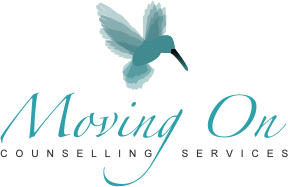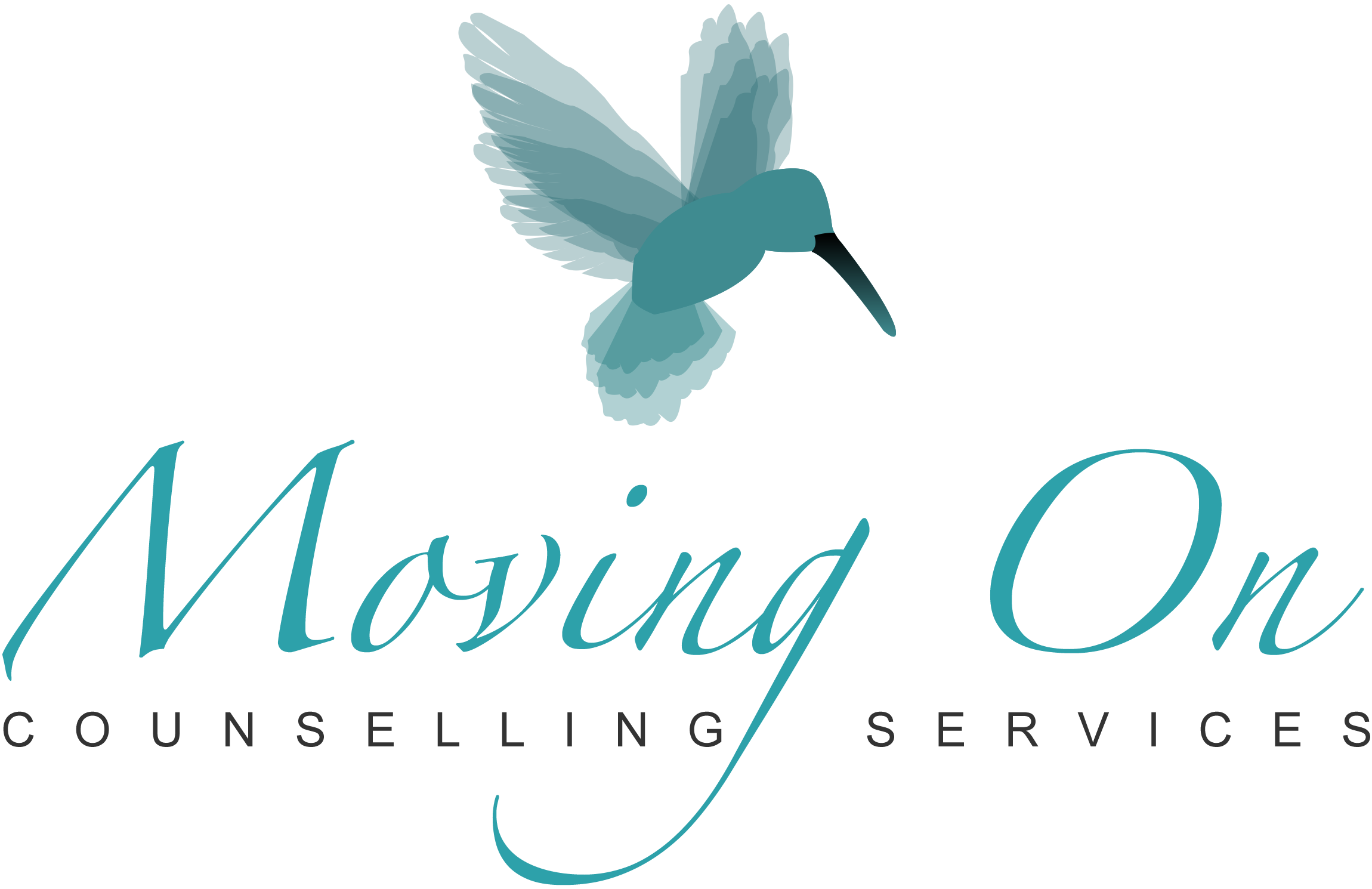Do I need counselling?
If you are reading this, you may be asking yourself ‘do I need counselling’?
We all have tough times, and negative emotions are a healthy reaction to the challenges we face. Things can become more serious, and each year as many as 1 in 4 of us experience a mental health problem.
It is common to see if the problem may fix itself. However, when is enough, enough? When is it time to seek professional help?
Ask yourself ‘do I want to continue to feel like this?’
Many people who seek counselling know something is not quite right in themselves or their lives, and they want change.
People seek help for lots of different reasons. Some use it for short term support: to help understand thoughts and feelings around a certain situation. Others come for longer term support to help with more complex issues that have affected many aspects of their lives.
Psychologist Daniel J. Reidenberg says
"The earlier someone gets help, the easier it is to get through the problem, there will be less time and less strain and stress involved in that".
Life is hard
We’re all pretty good at looking after our bodies – hair, skin, organs, bones, muscles – by going to the GP, hairdresser, chiropractor, physio etc. Why do so many of us ignore the health of our brains? Is it because we can hide it from others and we feel shame that we are not ‘strong’ enough?
A barrier to seeking professional help can be the unjustified stigma around mental health. However, for many people counselling is sought not because of mental illness but because of life and how difficult it can be at times.
Some of the things we all experience at times can lead to bigger issues if they are not addressed.
Read on to find out the top 5 reasons why people may seek counselling…….
- Intense feelings of anger and sadness
Feeling angry and sad are normal emotions and not ones to be avoided, but how often and how intense are these emotions? Do they interfere with your normal routines?
Feeling overcome with anger or sadness on a regular basis could indicate an underlying issue but there's another intensity to be aware of…. When an unexpected challenge occurs do you assume the worst case scenario is going to happen? This type of anxiety, in which every worry is super-sized and treated as a realistic outcome, can be truly debilitating. For further information about anxiety go to Anxiety....it's very personal, and here's why
- No joy in being with others
If your usual clubs, friends, family gatherings and work socials have lost their previous joyfulness, something is not quite right.
Feeling disillusioned and wondering what the point is leads to an overall feeling of unhappiness. Understanding the root cause is empowering as decisions can be made that are right for you, in turn leading to a more fulfilling and satisfying way of life.
- Loss and Grief
The emotional and physical pain we experience when we suffer a loss is normal. When there is a death in the family, a breakup or job loss, grief is experienced.
However, loss can affect normal functioning. If you find you aren't engaging in your life or those around you have noticed that you're pulling away, you may want to speak to someone to unravel how the event still affects you.
- Regular headaches, stomach-aches or a rundown immune system
There is much research that proves stress manifests itself in a wide range of physical complaints, from a chronically upset stomach to headaches, frequent colds or even a diminished sex drive.
Our quality of life is intrinsically linked to how we feel physically. Although it is recognised that some stress is good for us, if stress is the underlying cause to physical illness, counselling can help relieve stress, make changes to reduce stress and develop techniques to manage stress.
- You're using a substance to cope
An increase in the amount and frequency of drinking alcohol and using drugs could be signs that you're hoping to numb feelings that need to be addressed.
Changes in appetite can be another indicator that all is not well. Both over-eating or not wanting to eat could be a clue that a person is dealing with stress or struggling with the desire to take care of themselves.
Should I make the call?
So, when can counselling be helpful for you? It's simply a question of measuring to what extent you can manage. If something is making you feel overwhelmed or limits your ability to function, it may be time to ask for help.
You can do this by talking to an experienced counsellor who will not judge or criticise you, but will recognise your point of view and help you gain a greater understanding of your situation.
“When the other person is hurting, confused, troubled, anxious, alienated, terrified; or when he or she is doubtful of self-worth, uncertain as to identity, then understanding is called for. The gentle and sensitive companionship of an empathic stance… provides illumination and healing. In such situations deep understanding is, I believe, the most precious gift one can give to another.” Carl Rogers (founder of Person Centred Therapy)
If this means something to you, please reach out to someone you know you could trust.
I am Jo Tolley and I am a qualified and experienced Counsellor working in private practice near Wimborne and Blandford, Dorset.
For more information about help and support at Moving on Counselling please call me on 07484 184 256, email
I hope to speak with you soon.
Jo

